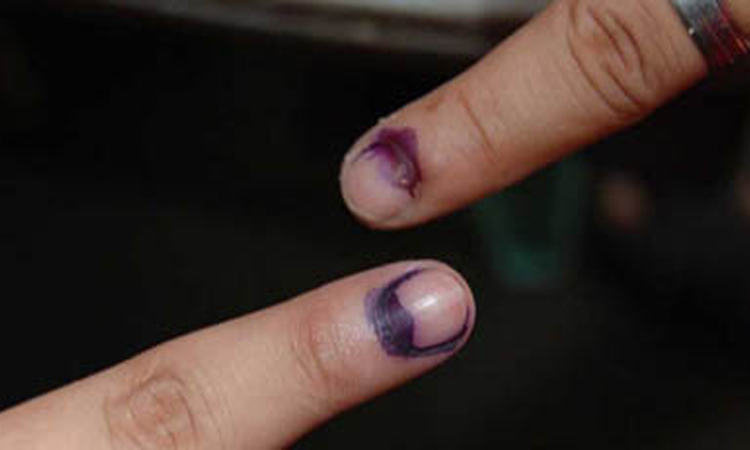Explained : Procedure To Challenge Election Result
P K Varghese & E C Bineesh
19 April 2019 11:52 AM IST

"Eternal vigilance is the price of liberty"
Next Story
19 April 2019 11:52 AM IST
Recent media reports reveal a disturbing rise in "corrupt practices" in the run-up to polls to 17th Lok Sabha. The Election Commission has censured several prominent political leaders for hate speech, communal appeals and derogatory remarks during campaign. There are reports of use of cash-for-votes, and the election in Vellore constituency has been cancelled after the ECI detected use of...
